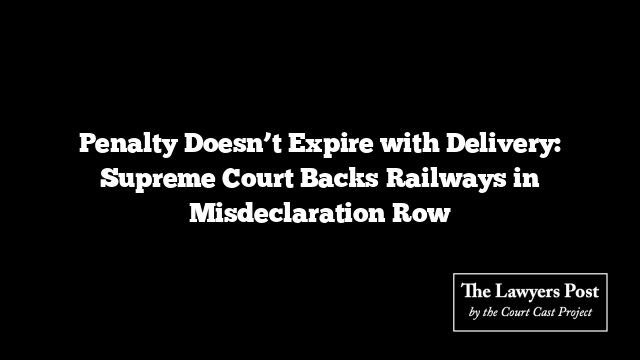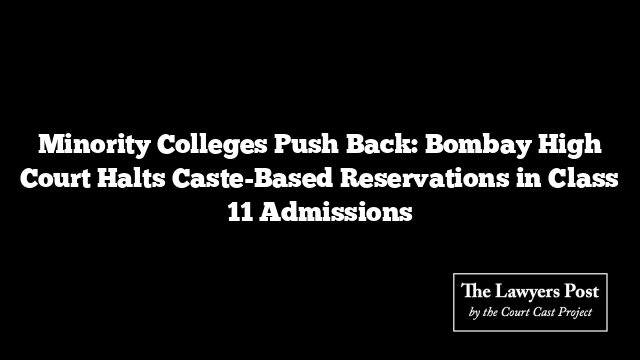In a significant shift that bolsters the Indian Railways’ authority, the Supreme Court has ruled that penalties for misdeclared goods can legally be imposed even after goods have been delivered. The verdict overturns previous decisions that had shielded transporters from such post-delivery penalties.
A bench led by Justices Sanjay Karol and PK Mishra dismantled the Gauhati High Court’s earlier stance, which had restricted the Railways from levying penal charges once a consignment had been handed over. That interpretation, the apex court held, is out of step with the true reach of Section 66 of the Railways Act, 1989.
The legal battle began when Indian Railways slapped Kamakhya Transport Pvt. Ltd. and other carriers with penal demands for misdeclaring the nature of goods transported between October 2011 and April 2012. These transporters had paid the revised freight amounts—but under protest—and then took the fight to the Railway Claims Tribunal, asserting that the demands were illegal because they came after delivery.
The Tribunal sided with the transporters in 2016, ordering a refund with interest. The Gauhati High Court echoed that sentiment in 2021. But with the Supreme Court now stepping in, that sequence has been upended.
In its reasoning, the Court pointed to the language of Section 66. The law requires transporters to give an accurate written declaration of goods. If that statement turns out to be materially false, the Railway is empowered to adjust the charges accordingly. And crucially, the statute doesn’t put a timestamp on when those charges can be enforced.
“There is no embargo in the Act that restricts recovery to pre-delivery,” the Court explained. “The silence is intentional—meant to keep the door open for action post-delivery as well.”
The judgment also clarified that prior reliance on Jagjit Cotton Textile Mills v. Chief Commercial Superintendent, which was cited to justify only pre-delivery charges, was misplaced. That case dealt with a different section—Section 54—and had no bearing on Section 66, which governs misdeclarations specifically.
In essence, the top court has reinforced the idea that misdeclaration carries consequences regardless of timing—and the delivery of goods doesn’t wipe the slate clean.
The ruling comes as a win for Indian Railways, which has long argued that penalties should follow the offense, not the calendar.





